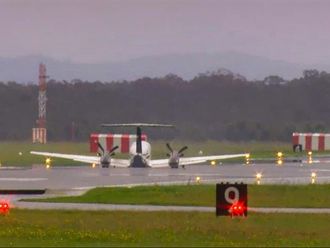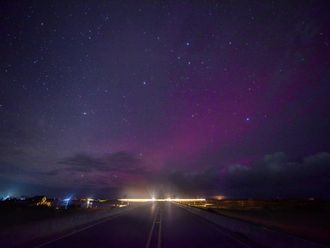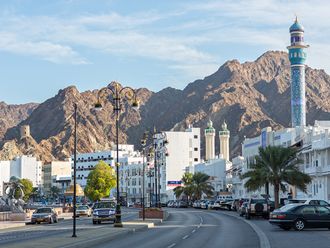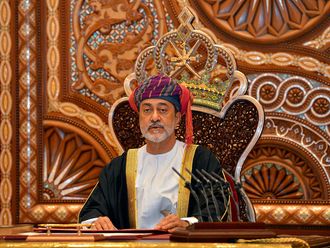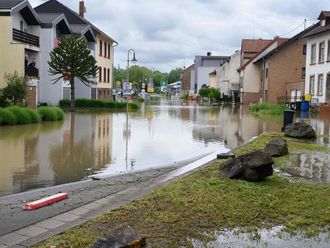Kampala: Ugandan police said they had arrested 20 people, including several Pakistanis, after last week's deadly blasts in Kampala, as Interpol published facial reconstructions of two suspected bombers.
As investigators in Uganda said they believed the attacks, which killed 76 people, were the work of suicide bombers, the cross-border police agency Interpol, released the photos of two suspects.
The Interpol team, which was called in by Ugandan police to help with the investigation, put together the reconstructions from remains found at the scene.
Two blasts tore into a restaurant and a busy bar on July 11 as crowds gathered to watch the football World Cup Final held in South Africa.
Ugandan police Sunday released an updated death toll of 76, an increase from the previous figure of 73.
"In terms of those who are in custody, certainly it is more than 20," police chief Kale Kayihura told reporters.
Among them were Pakistanis who had a shop in a Kampala suburb, Kayihura said. "They are being questioned.... They have to explain themselves."
The blasts were claimed by the Al-Qaeda-inspired Shebab insurgent group in Somalia.
They were the deadliest attacks in the region since the 1998 bombings against the US embassies in Nairobi and Dar es Salaam also linked to Islamist militants.
One of the arrested Pakistanis had been mentioned in an email sent by a presumed Shebab spokesman as having links with the Islamist group, the police chief said.
He said police believed the attacks were carried out by two suicide bombers and that facial reconstructions of the suspected attackers suggested one was of Somali origin and the other a black African of undetermined origin.
"There is strong evidence that these attacks were carried out by suicide bombers," Kayihura said. The bodies "have remained unclaimed and unidentified," he added.
A senior official had said previously at least one of the blasts was a suicide attack.
"By making these photos public, we believe someone, somewhere could recognise one or both of these men," Interpol quoted Kayihura as saying as it released the photos.
"Our investigation into these terrible acts is advancing, and publishing these photos is another step forward in finding those responsible for the death and injury of so many innocent victims," he added.
Police said a suicide vest laden with explosives and fitted with a detonator was found packed into a black laptop bag at a disco in Kampala a day after the blasts.
The Shebab said the attacks were in retaliation for the presence of about 3,000 Ugandan troops in an African Union force deployed in Somalia to prop up its fragile Western-backed transitional government.
Shebab has vowed further attacks, including on Burundi which has around 2,500 troops in the embattled AU mission in Somalia (AMISOM).
"What happened in Kampala is just the beginning," elusive Shebab leader Mohamed Abdi Godane said in an audio message broadcast on several Mogadishu radio stations on Thursday.
The bombings were the first Shebab attack outside Somalia, marking an unprecedented internationalisation of Somalia's 20-year-old civil conflict.
With fewer than 7,000 troops on the ground, AMISOM has enabled the tenuous survival of Somalia's Western-backed President Sharif Sheikh Ahmed but failed to weaken the insurgents.
Uganda called after the blasts for steelier regional resolve to crush the Shebab-led insurgency and said it was ready to provide 2,000 troops to AMISOM.



